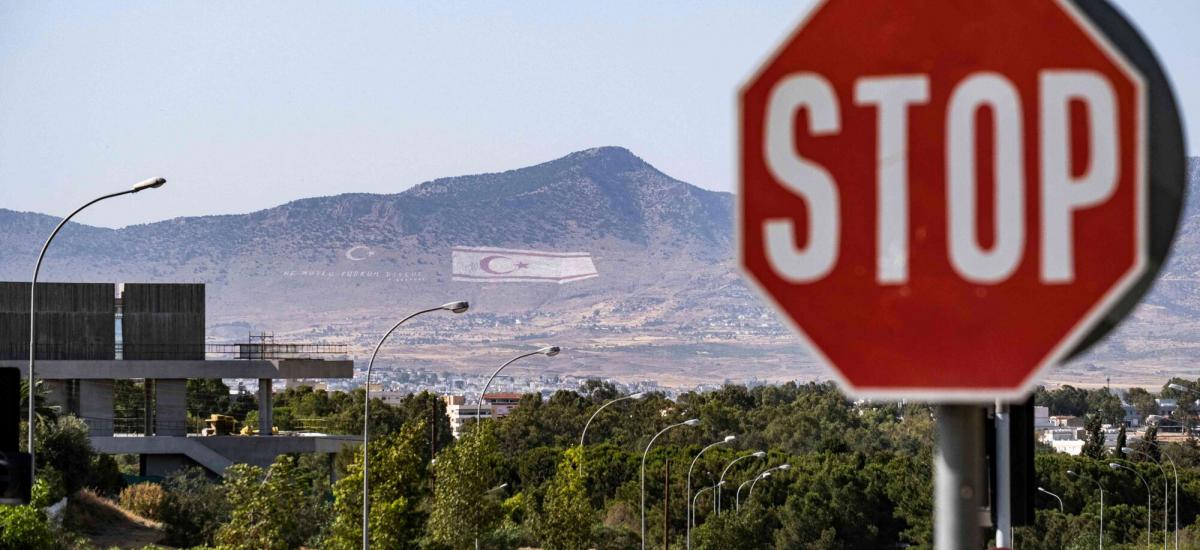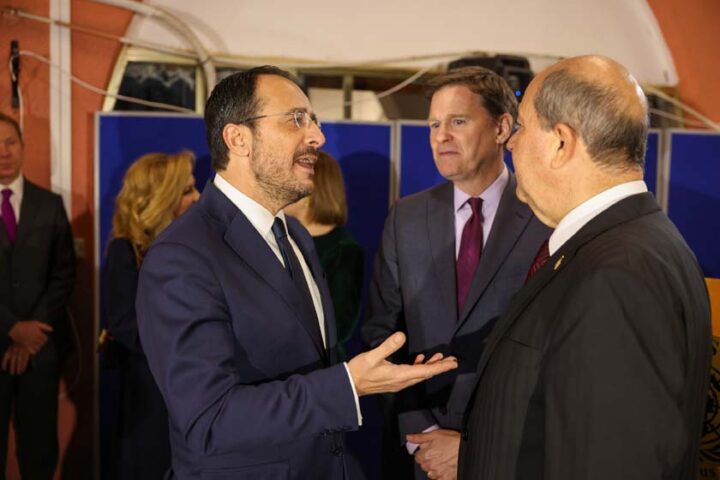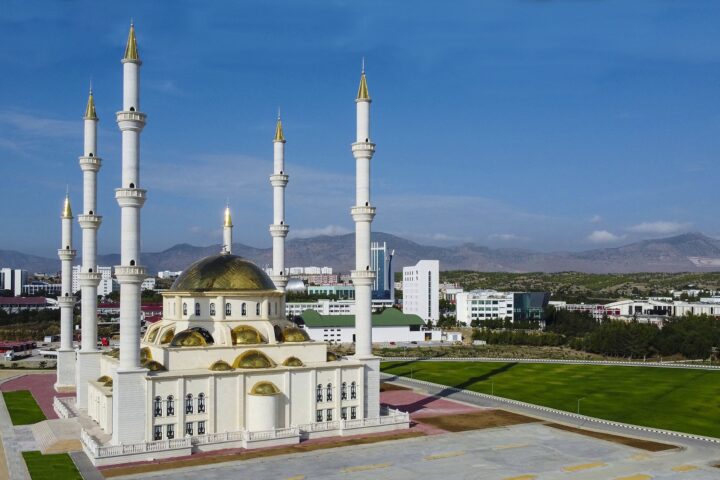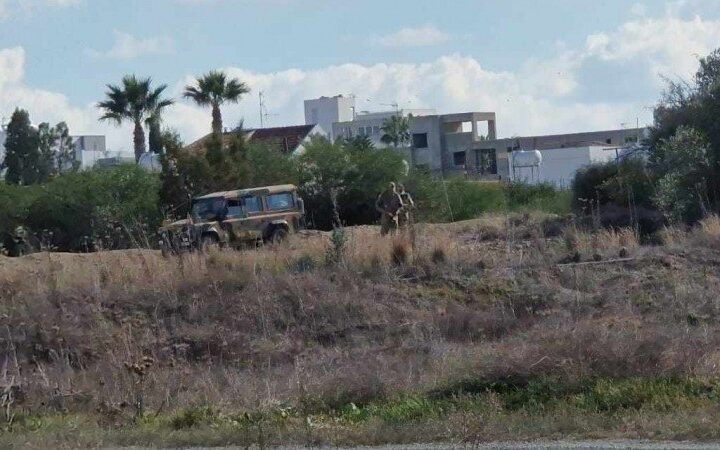Despite claims that annexation of the Turkish-occupied north is not on its agenda, Ankara is stepping up its influence and control over the Turkish Cypriots economically and politically.
In comments to the Financial Mirror, Professor in Middle Eastern Studies Dr Nikos Moudouros said that Turkey is currently intensifying its efforts to broaden its control over the Turkish Cypriot community, as a bid to annex the north is ruled out.
Moudouros argues that Turkey’s and President Recep Tayyip Erdogan’s stance towards the Cyprus issue and the Turkish Cypriots has changed in the past decade.
“This policy change coincides with Erdogan and his AK Party entering its most authoritarian stage of governing in the past decade or so.
“What Ankara has been trying over the past 10 years is to change the cultural DNA of the Turkish Cypriot community, turning it more conservative and culturally closer to Turkey,” said Moudouros.
However, as he noted, this has not been totally successful; on the contrary, Erdogan’s interventions have polarised things on the ground, with Turkish Cypriots clinging to their unique identity.
“At this moment, internationally, it may not want to proceed with an official declaration of annexation, but this is happening on an economic and political level.”
He explained that the biggest investments in the north are in the hands of Turkish firms, with the majority having some connection to the Turkish state or President Erdogan himself.
“The majority of investments in the north’s tourism sector are being carried out with Turkish capital, while there is a serious issue with public infrastructure and services in the north being taken over by Turkish firms.”
Turkish Cypriots rely on Turkey for their water, which comes from the mainland through an 80 km underwater pipeline, while plans include an electricity interconnector to solve the energy supply problem.
“Perhaps the biggest problem threatening the structure of Turkish Cypriot society and economy is that the north’s retail sector has fallen into the hands of Turkish nationals who have moved to Cyprus over the years.
And a large number of Turkish Cypriots, which make up the public sector’s workforce, depend on financing from Turkey.
A protocol signed on April 14 is the latest in a series of financial bailout agreements, much like the memorandum, Cyprus signed with international lenders.
However, the breakaway north’s financial protocols with Turkey come with strings attached.
The 53-page protocol was met with strong opposition in the north as it is expected to restrict Turkish Cypriots’ freedoms further.
Electoral balance
Regarding the balance in the population and the electorate, Moudouros noted a slight majority favouring Turkey, “if we add the illegal and seasonal workers, and the students, Turkish citizens, are more than Turkish Cypriots”.
“However, in the electorate, there seems to be a delicate pro-Turkish Cypriot balance.
“This has much to do with the polarisation created over the community’s identity.”
The political spectrum in the north is quite similar to what is observed amongst Greek Cypriots.
“We see that right-wing parties can obtain majorities in both communities, which they hang on to for an extended time.”
Moudouros argued that the Turkish Cypriot identity is deeply rooted in the electoral basis of parties, including the right-wing ones.
“There is a great concern even amongst members of right-wing parties over Turkish moves that essentially bring things closer to annexation and the altering of the Turkish Cypriot community’s identity”.
The Professor in Middle Eastern Studies said Turkish Cypriot leader Ersin Tatar is isolated, even from his own party, over his ‘yes man’ relationship with Ankara and claims a two-state solution to the Cyprus problem.
He said Turkey is trying to isolate a part of the Turkish Cypriot society, pushing back at Ankara’s interference, standing firm on its support for a federal solution and a Cypriot identity.
“That is behind Turkey’s decision to bar a number of left activists and members of parties and journalists from entering Turkey, especially people close to the former Turkish Cypriot leader Mustafa Akinci.”
So far, many journalists, including the head of the Turkish Cypriot union of media workers Basin-Sen Ali Kishmir have been turned away when they tried to visit Turkey.
Academic Ahmet Cavit and journalist Ali Bizden were denied entry after authorities once again cited “security reasons”.
Moudouros said that Turkey is also trying to mould a part of the Turkish Cypriot left into a more moderate party, in the fashion of Turkey’s social-democrat CHP (Republican People’s Party).
“One that will not be so critical towards adopting a more Turkified identity”.
He believes hope is not lost for reunifying the island, as a generation of political activists and businesspeople who were shaped or affected by the reunification movement in the 90s and 00s are still very active in the north.










